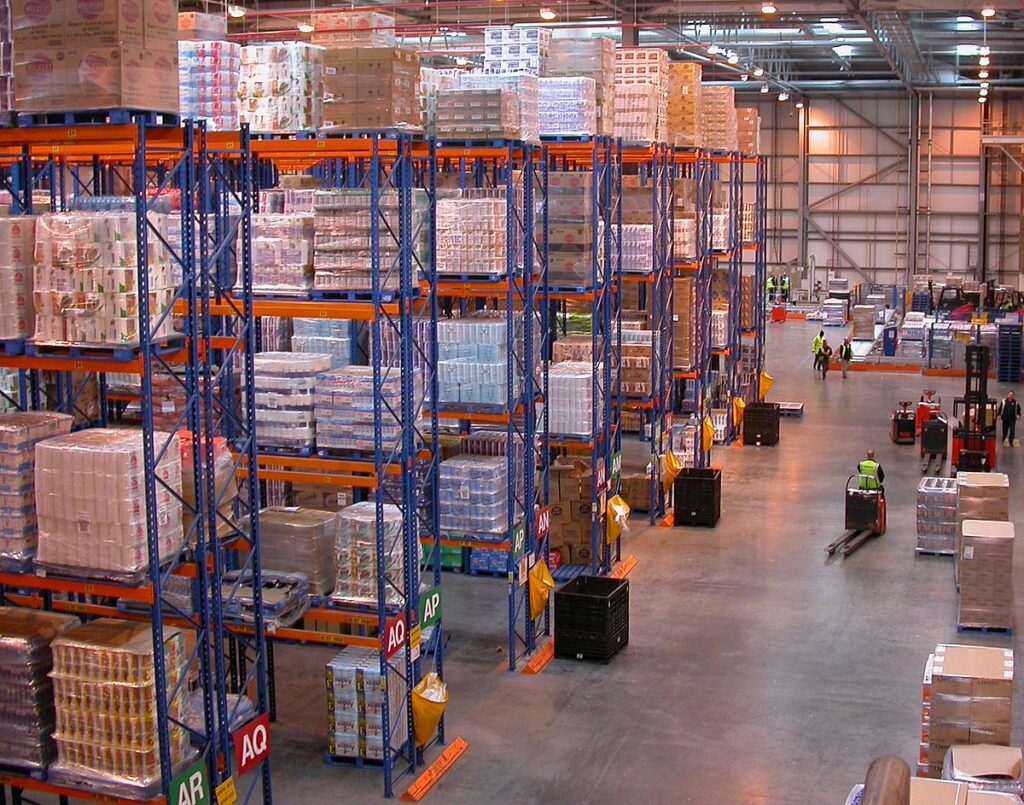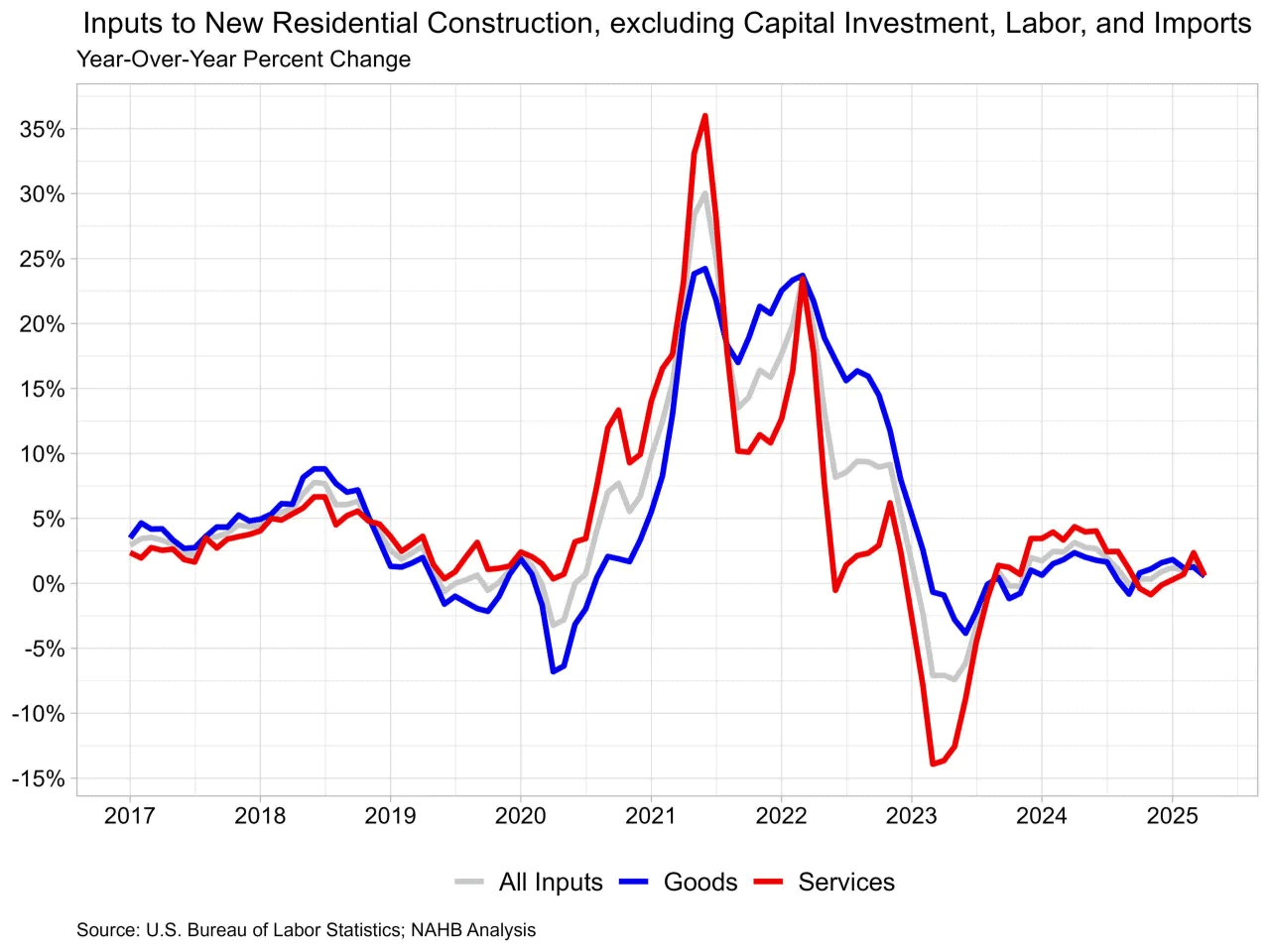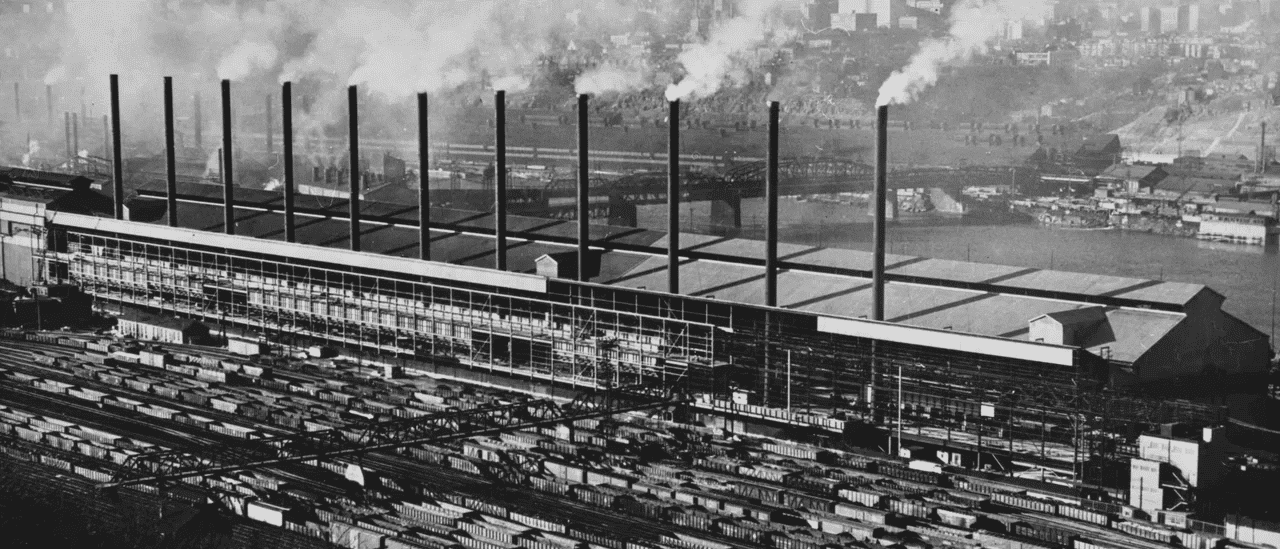
A distribution company bridges the gap between manufacturers that produce products and retailers that sell them. To do this, the business needs to have plenty of space for storing inventory and build strong relationships with its retail customers.
Establishing a business plan is essential for a distribution startup. A sole proprietorship offers simplicity and avoids corporate taxes, but it also carries unlimited personal liability for debts. A limited liability corporation provides protection for owners and pass-through taxation.
Establishing a business plan
Starting a distribution company involves many decisions and responsibilities. Creating a business plan is essential to help you secure financing and guide your operations. It should include a market analysis, supply chain strategies, and financial projections. The plan also should include information about the type of products you will distribute and your target market. You should also consider the size of your operation. A small-scale distribution business offers fewer risks and costs but may limit your growth opportunities. A larger operation requires more capital and storage space, but may offer greater revenue potential.
You must also decide how to manage your inventory. Some distributors choose to dropship goods directly to retailers, while others store them in warehouses until they are ready to be sold. In either case, you should be prepared to develop a comprehensive inventory management process. You should also find ways to save money and boost sales by providing discounts. This can be done by using a coupon or a sale. Getting a dedicated business phone number from providers like RingCentral is another way to show customers that you are a legitimate business.
The profitability of a distribution company depends on its ability to make connections with manufacturers and retailers. Choosing the right niche ahead of time is a crucial decision that will determine which manufacturers you end up working with. Additionally, you should know what contracts will be most beneficial to both parties.
Choosing a niche
Choosing a niche is an important step in the development of a distribution company. It defines how the business will compete and helps determine the type of customers the company will serve. It also provides a framework for marketing and sales decisions. A distributor’s choice of market niche should be aligned with its strategic vision and mission.
To identify potential niche markets, a distributor should thoroughly research their target audience and stay up-to-date with trends in their industry. This includes identifying demographics, understanding their preferences and behaviors, and understanding where they spend their time. This information can be used to develop a comprehensive digital and traditional marketing strategy that will reach and engage the targeted audience.
When selecting a niche, it’s important to keep in mind that your audience will want to know how your product can help them solve a specific problem. For example, selling home gym equipment can appeal to fitness enthusiasts who are open to other health-related products. The key is to find a product that can fill a need and provide an indispensable solution for your audience.
Some distributors will sell a mix of wholesale and retail merchandise while others will focus on one or the other. Some will operate as importers and exporters, while others will act as brokers that arrange deals between buyers and sellers.
Getting a license
Getting the proper licenses and permits is an important step in starting a distribution company. This includes obtaining a federal EIN and registering for state sales tax collection. Additionally, if the business will be transporting goods, it will need DOT and city transportation permits. Lastly, an accounting system that integrates with business bank accounts and credit cards is essential for recording inventory purchases and sales transactions.
Distributors are middlemen that buy products wholesale from manufacturers and sell them to retail businesses in specific regions. They also distribute to retailers that are otherwise hard to get into, such as large department stores or power retailers like Wal-Mart and Target. Some distributors are called wholesalers, while others specialize in a particular industry or trade and are known as trade distributors.
It’s important to research the market and competitors before starting a distribution company. This helps you understand the business better and identify opportunities. You should also join local business associations and networking groups for additional connections and mentorship opportunities. For example, joining the National Association of Wholesaler-Distributors (NAW) can help you learn from fellow business owners and grow your network. You can find NAW online or by searching for trade associations in your area.
Getting started
A distribution company connects manufacturers with retailers to effectively and efficiently distribute goods. Its services contribute to economic development by creating jobs and increasing sales. Starting this type of business requires careful planning and execution, but it can be profitable if done correctly. To begin, you must select a niche and research potential suppliers. Then, create a detailed business plan and secure funding through personal savings or bank loans. Finally, you must establish relationships with suppliers and implement effective marketing strategies to attract retailers and customers.
A good distribution company can offer competitive pricing and excellent customer service, which will help you stand out from the competition. It can also help you achieve your growth goals faster by reducing operational expenses and improving cash flow. For example, using a small business accounting software with features like inventory management can save you time and money by automating the process of recording and categorizing transactions.
When selecting a location for your distribution company, consider the capacity for storage and accessibility to transportation hubs. This can reduce transit times, lower shipping costs, and enhance customer satisfaction. In addition, the right location can ensure efficient distribution to local businesses. If you are considering a regional or national presence, be aware that it will require a larger investment and more complex operations.





























